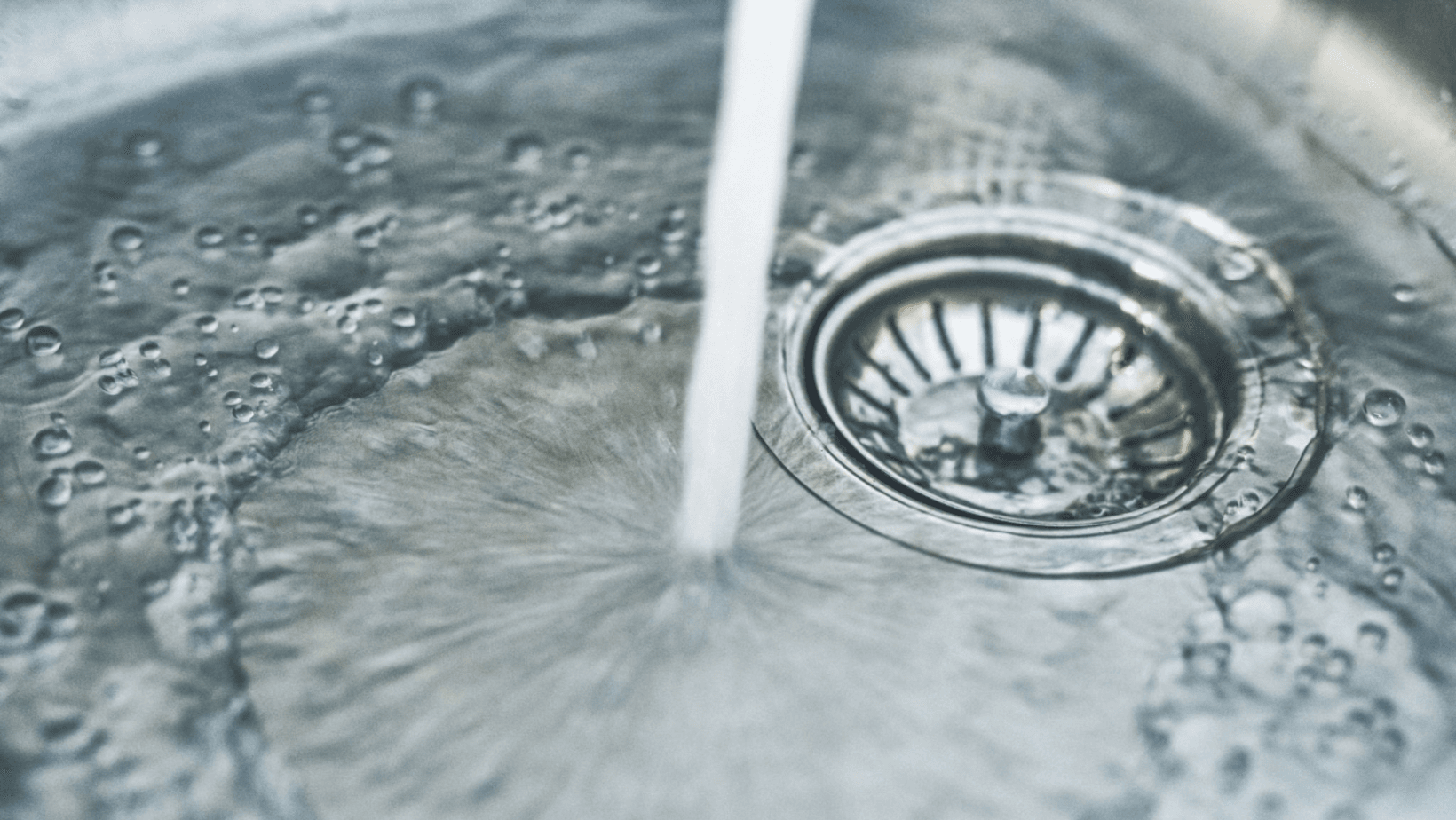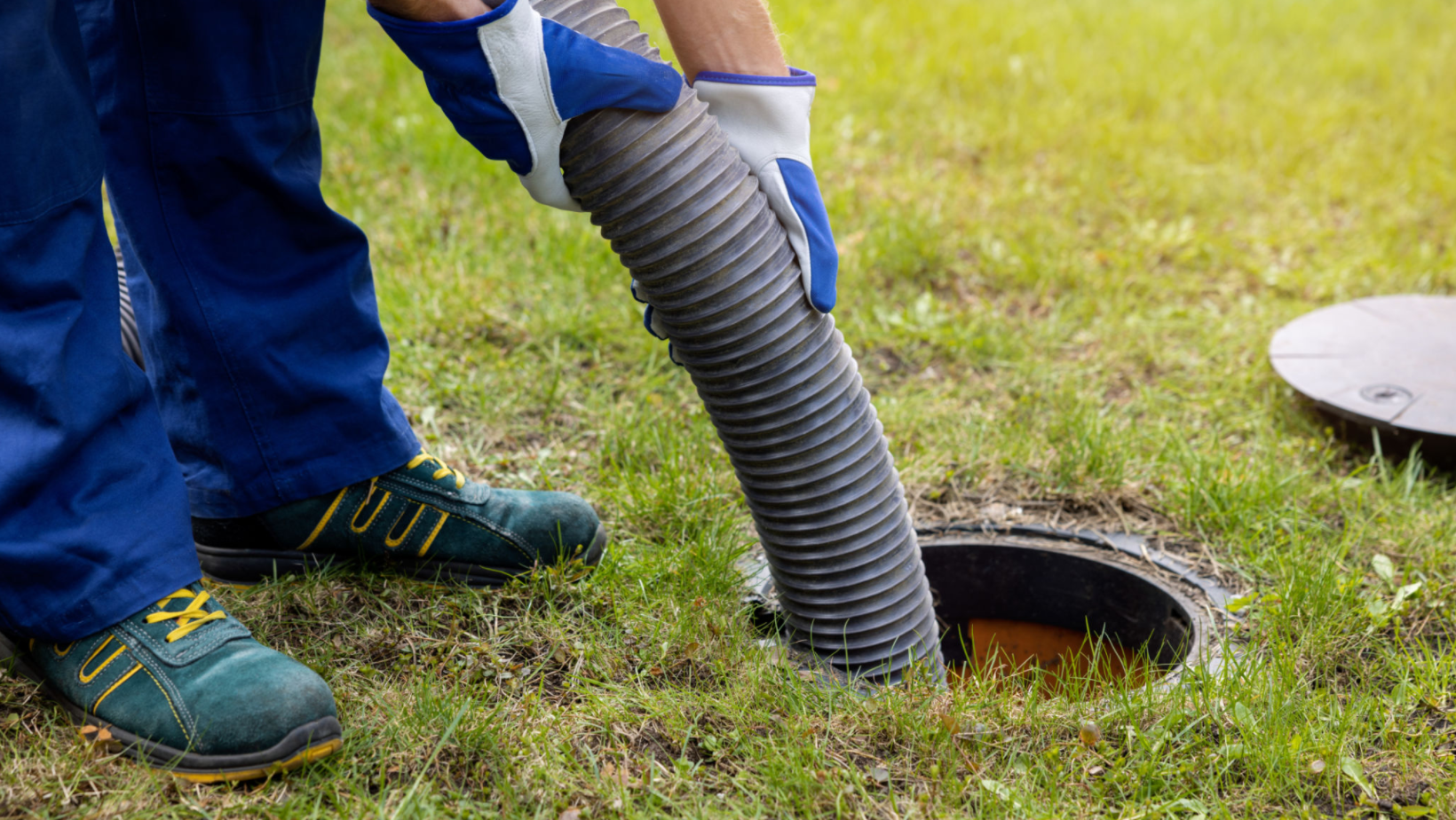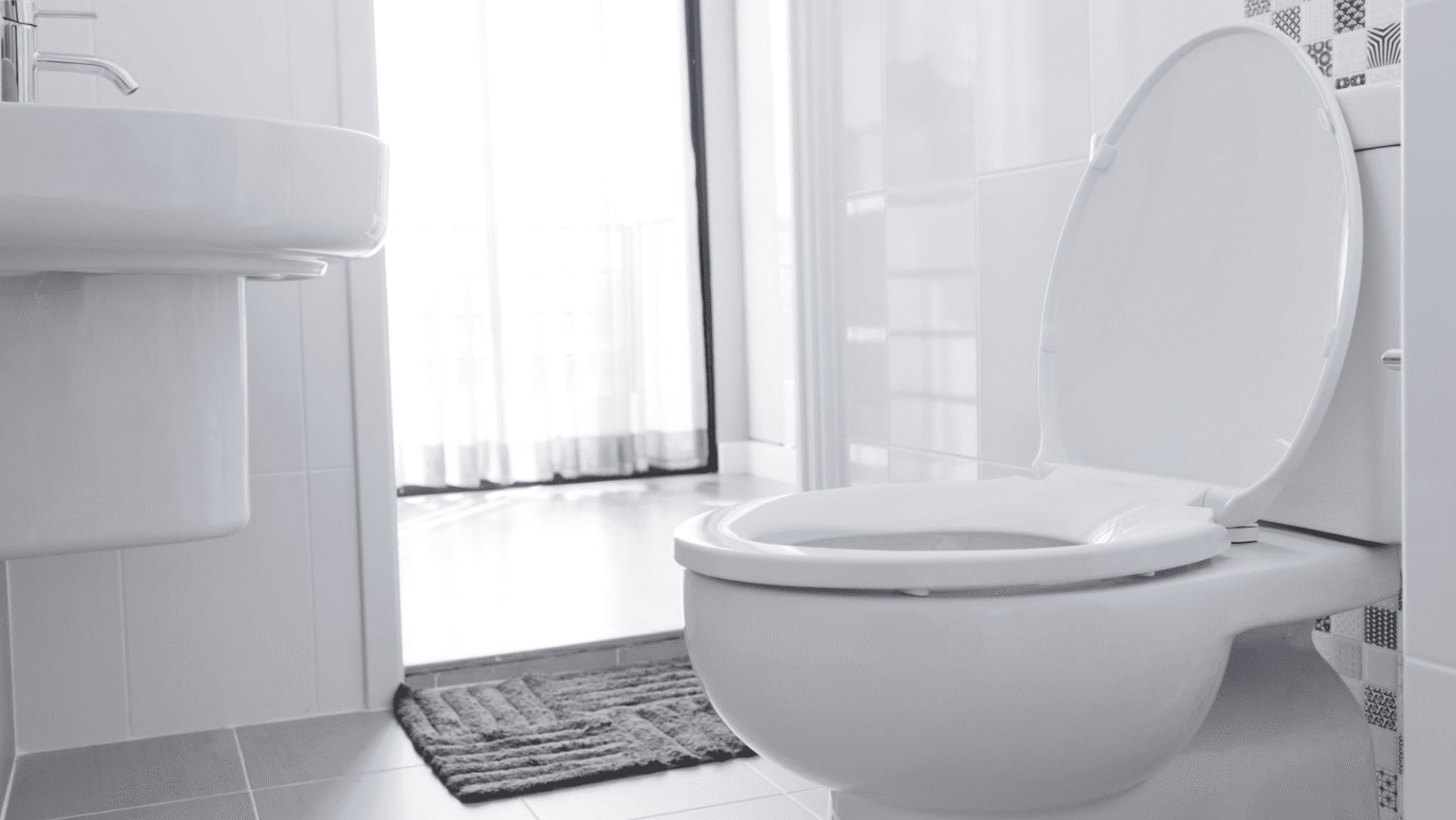Proper septic system maintenance is crucial for the health, functionality, and longevity of any property’s wastewater management system. A well-maintained septic system ensures the safe and efficient disposal of household wastewater, protecting both the environment and the inhabitants of the property. By understanding the significance of septic system maintenance and implementing proper care, you can avoid costly repairs, system failures, and potential health hazards.
In this article, we will delve into the importance of maintaining your septic system and provide valuable insights into how you can keep it in optimal condition. Whether you are a homeowner or a business owner, septic system maintenance should be a priority to ensure the smooth operation of your wastewater management system and to protect the environment.
Understanding Septic Systems
A septic system is an underground wastewater treatment system commonly used in areas without access to centralized sewage systems. It consists of a septic tank, which collects and stores household wastewater, and a drain field, where the effluent is further treated and filtered by the surrounding soil.
The septic tank separates solid waste from the liquid, allowing bacteria to break down the waste. The liquid effluent flows into the drain field, where it percolates through the soil, undergoing natural purification before reaching the groundwater. Regular maintenance, such as septic tank pumping, water conservation, and proper waste disposal, is essential to ensure the optimal performance and longevity of the septic system. Homeowners can effectively manage their wastewater and contribute to environmental sustainability by understanding how septic systems work and implementing necessary care.
The Role of Maintenance
Proper maintenance is crucial for the effective functioning and longevity of a septic system. Regular maintenance helps prevent system failures, costly repairs, and potential health hazards. By taking proactive steps to care for your septic system, you ensure its optimal performance and protect the environment from contamination.
One of the key maintenance tasks is regular septic tank pumping. Over time, solid waste accumulates in the tank and forms a layer of sludge. If left unaddressed, this buildup can clog the system and lead to backups and sewage leaks. Pumping the septic tank every three to five years, depending on its size and usage, removes the accumulated sludge and prevents such issues.
Professional inspections are also vital in identifying potential problems before they escalate. A septic system expert can assess the condition of the system, check for leaks or damages, and recommend any necessary repairs or maintenance. Inspections help detect early warning signs, such as slow drains, foul odors, or gurgling sounds, allowing for timely intervention and prevention of more significant issues.
Additionally, following best practices for septic system care is essential. These include avoiding flushing non-biodegradable items or excessive chemicals down the toilet, conserving water to prevent overloading the system and being mindful of the drain field’s usage and protection. By adhering to these practices and seeking professional assistance when needed, you can ensure the proper functioning of your septic system and avoid costly problems in the long run.
Signs of Septic System Problems

It is important to be aware of the signs that indicate your septic system may be experiencing issues. Recognizing these signs early allows you to take prompt action and prevent further damage to the system. Here are some common indicators that your septic system may be experiencing problems:
Slow Drains and Backups
If you notice that your sinks, toilets, or showers are draining slowly or experiencing frequent backups, it could indicate a problem with your septic system. These issues are often a result of clogged or failing drain fields. When the drain field becomes overwhelmed with excessive wastewater or the pipes leading to it are obstructed, it can lead to slow drainage and backups within your home.
Foul Odors
Unpleasant odors around your property, especially near the septic tank or drain field, may suggest that your septic system is not functioning correctly. Foul odors could indicate leaks or blockages that need immediate attention. If you detect persistent sewage smells or foul odors outdoors, it is crucial to address the issue promptly to prevent further complications.
Lush Grass or Standing Water
An unusually vibrant and lush patch of grass or standing water around your drain field may be a sign of a septic system problem. When a septic system is not functioning properly, it can result in the over-saturation of the drain field. As a result, excess moisture may cause the surrounding grass to appear greener or create pools of standing water. These indications suggest that the system is overloaded and unable to handle the wastewater efficiently.
Gurgling Sounds
If you hear gurgling or bubbling sounds coming from your drains, it could mean that your septic system is experiencing blockages or backups. These sounds occur when air is trapped in the pipes due to a compromised system. Gurgling sounds are often a warning sign that wastewater is not flowing smoothly through the plumbing system, indicating a potential issue with your septic system.
If you observe any of these signs, it is important not to ignore them. Promptly addressing septic system problems can help prevent more severe issues, such as complete system failure or contamination of groundwater sources. Contacting a professional septic system service provider is recommended to accurately diagnose the problem and perform the necessary repairs or maintenance to restore the system’s proper functioning. Remember, early detection and intervention are key to mitigating potential damage and ensuring the longevity of your septic system.
Regular Pumping and Inspections

Regular septic tank pumping and inspections are vital components of proper septic system maintenance. These routine tasks play a crucial role in ensuring the longevity, functionality, and efficiency of your septic system. Let’s take a closer look at the importance of regular pumping and inspections:
Septic Tank Pumping
Over time, solid waste and sludge accumulate in the septic tank. If left unaddressed, this buildup can exceed the tank’s capacity and hinder its ability to properly treat wastewater. Regular septic tank pumping is necessary to remove the accumulated sludge and scum layers from the tank. The frequency of pumping depends on factors such as the tank size, the number of occupants, and the usage patterns. Generally, it is recommended to have your septic tank pumped every three to five years. However, individual circumstances may vary, and it is advisable to consult a professional to determine the ideal pumping schedule for your specific septic system.
Professional Inspections
Regular inspections by a septic system professional are essential for identifying potential issues before they escalate into major problems. During an inspection, a qualified technician will assess various components of your septic system, including the tank, pipes, and drain field. They will check for any signs of damage, leaks, blockages, or malfunctioning components. By detecting issues early on, you can address them promptly, preventing further damage and costly repairs.
Inspections also provide an opportunity to evaluate the overall health and performance of your septic system. The technician may measure scum and sludge levels, assess the condition of baffles, check for proper flow and drainage, and ensure that the system complies with local regulations. These comprehensive evaluations help maintain the efficiency of your septic system and ensure it continues to operate optimally.
Best Practices for Septic System Care

To ensure the longevity and optimal performance of your septic system, it is important to follow these best practices:
Watch What You Flush
Avoid flushing non-biodegradable items down the toilet, such as paper towels, wipes, feminine hygiene products, or excessive amounts of chemicals. These items can clog the system and disrupt its natural processes. Stick to flushing human waste and toilet paper only.
Conserve Water
Excessive water usage can overload your septic system and disrupt its functionality. Install water-efficient fixtures and appliances, repair any leaks promptly, and spread out laundry and dishwasher usage to reduce the strain on the system. Conserving water not only benefits your septic system but also helps preserve this precious resource.
Be Mindful of Household Chemicals
Certain chemicals can harm the natural balance of bacteria in the septic tank and hinder the treatment process. Avoid pouring excessive amounts of bleach, antibacterial soaps, or strong cleaners down the drain. Instead, opt for environmentally friendly and septic-safe alternatives whenever possible. Use cleaning products in moderation and follow the recommended amounts.
Avoid Parking or Building on the Drain Field
The drain field is a crucial component of your septic system that requires proper care and protection. Avoid parking vehicles or constructing structures on top of the drain field. Excessive weight or compression can compact the soil and damage the pipes, leading to system failure. Keep the drain field area free from heavy equipment and maintain a healthy vegetative cover to promote optimal wastewater treatment.
Maintain a Grease Trap
If your household generates a significant amount of grease or oil waste, consider installing a grease trap. This device helps capture grease and prevents it from entering the septic system, reducing the risk of clogs and potential damage. Regularly clean and maintain the grease trap to ensure its effectiveness.
Adhering to these best practices promotes the efficient operation of your septic system and minimizes the risk of problems. They not only help maintain a healthy septic system but also contribute to the protection of the environment and the longevity of your wastewater management system. By incorporating these practices into your daily routine, you can ensure the smooth and reliable functioning of your septic system for years to come.
Common Mistakes to Avoid
To ensure the longevity and proper functioning of your septic system, it is crucial to be aware of common mistakes that should be avoided. By understanding and avoiding these pitfalls, you can prevent potential damage, system failures, and costly repairs. Here are some common mistakes to steer clear of:
Neglecting Regular Maintenance and Inspections
One of the biggest mistakes homeowners make is neglecting routine septic system maintenance and inspections. Regular pumping, as well as professional inspections, are essential for identifying issues early on and ensuring the system’s optimal performance. Skipping these tasks can lead to a buildup of solids, clogs, and other problems that can jeopardize the functionality of the entire system.
Overloading the System with Excessive Water Usage
Excessive water usage can overload your septic system and impede its ability to treat wastewater effectively. Avoid simultaneous heavy water usage activities, such as running multiple appliances or showers at once. Spacing out water usage throughout the day and repairing leaks promptly helps prevent unnecessary strain on the system.
Flushing Non-Biodegradable Items or Harmful Chemicals
Flushing non-biodegradable items, such as diapers, wipes, or plastics, down the toilet is a common mistake that can lead to clogs and system backups. These items do not break down easily and can obstruct the pipes or damage the septic system components. Similarly, pouring harmful chemicals like solvents, pesticides, or excessive amounts of cleaners down the drain can disrupt the natural bacterial balance in the septic tank, impairing its functionality.
Ignoring Warning Signs of Septic System Problems
Ignoring or neglecting warning signs of septic system problems can be a costly mistake. Slow drains, foul odors, gurgling sounds, or standing water around the drain field are indicators that your septic system may be experiencing issues. Promptly addressing these signs can prevent further damage and more extensive repairs in the future.
Damaging the Drain Field
The drain field is a critical component of your septic system responsible for further treating and filtering the effluent. Avoid parking vehicles, constructing buildings, or placing heavy objects on top of the drain field. The weight and compression can compact the soil, potentially damaging the pipes and compromising the overall effectiveness of the system.
By avoiding these common mistakes, you can maintain the health and efficiency of your septic system. Regular maintenance, mindful water usage, proper waste disposal, and protecting the drain field are essential practices to ensure the smooth operation and longevity of your septic system. Taking proactive measures and seeking professional guidance when needed will help you avoid unnecessary expenses and potential system failures, allowing you to enjoy a well-functioning septic system for years to come.
Environmental Impact

Proper septic system maintenance not only benefits homeowners but also has a positive impact on the environment. A well-maintained septic system helps protect groundwater and nearby water bodies from contamination. When a septic system malfunctions or is not properly maintained, untreated wastewater can seep into the ground, potentially reaching drinking water sources and aquatic ecosystems.
Contaminated groundwater poses risks to public health and can lead to the spread of waterborne diseases. It also harms the delicate balance of ecosystems, negatively impacting plants, animals, and aquatic life. By ensuring that your septic system is functioning optimally and regularly maintained, you contribute to the preservation of clean water sources and the overall ecological well-being of your surroundings.
Moreover, a properly functioning septic system reduces the need for centralized wastewater treatment facilities, reducing the carbon footprint associated with transporting and treating wastewater. It promotes a decentralized approach to wastewater management, which can have significant environmental benefits in terms of energy conservation and reduced reliance on fossil fuels.
By being proactive in maintaining your septic system and responsibly managing your household’s wastewater, you play a crucial role in protecting the environment and preserving the natural resources that sustain life. It is a collective effort that benefits not only your immediate surroundings but also the broader ecosystem and future generations.
The Cost of Neglecting Maintenance
Neglecting septic system maintenance can have significant financial implications. The expenses associated with neglect can far exceed the costs of regular maintenance and repairs. Here’s a closer look at the potential costs of neglecting septic system maintenance:
Emergency Repairs
Ignoring regular maintenance increases the likelihood of unexpected system failures and emergencies. When a septic system fails, repairs often need to be performed urgently to restore functionality. Emergency repair costs can be substantially higher compared to scheduled maintenance expenses. Neglected septic systems may require extensive repairs, replacement of damaged components, or even complete system replacements, resulting in significant financial burdens.
Property Damage and Cleanup
A malfunctioning septic system can cause sewage backups, leading to property damage and contamination. Raw sewage can flood your home or yard, destroying flooring, walls, furniture, and personal belongings. Cleanup and restoration costs associated with sewage spills can be excessive, involving specialized cleaning services, sanitization, and potential mold remediation.
Health Hazards and Medical Expenses
Neglected septic systems pose health risks to the inhabitants of the property. Exposure to untreated sewage can lead to the spread of harmful bacteria, viruses, and parasites. Waterborne diseases, gastrointestinal illnesses, and respiratory issues are potential health consequences. Medical expenses associated with treating these illnesses can quickly accumulate, adding to the financial burden of neglecting septic system maintenance.
Property Value Decline
A malfunctioning or poorly maintained septic system can negatively impact the value of your property. Potential buyers may be hesitant to invest in a property with a failing septic system or demand substantial discounts. Taking proactive steps to maintain your septic system helps preserve property value and ensures a smoother transaction if you decide to sell your home in the future.
Legal Consequences
In some jurisdictions, failure to maintain a septic system according to local regulations can result in legal repercussions and fines. Compliance with applicable laws and regulations is essential to avoid costly legal battles and penalties.
By neglecting septic system maintenance, you expose yourself to significant financial risks and potential long-term consequences. Regular maintenance, including pumping, inspections, and following best practices, is a small investment compared to the potential expenses and hassles of neglect. By prioritizing septic system maintenance, you protect your property, safeguard your finances, and ensure the well-being of your family and the environment.
Conclusion
In conclusion, the proper maintenance of your septic system is crucial for its optimal performance and longevity. By following regular maintenance routines, adhering to best practices, and seeking professional assistance when needed, you can avoid costly repairs and ensure the efficient operation of your septic system. Taking proactive measures, such as regular pumping, inspections, and practicing responsible waste disposal, helps protect the environment, safeguard public health, and preserve the value of your property.
Remember to stay vigilant for signs of septic system problems, such as slow drains, foul odors, or standing water, and address them promptly to prevent further damage. Adhering to best practices, such as conserving water, avoiding flushing non-biodegradable items, and protecting the drain field, contributes to the overall health and functionality of your septic system.
Maintaining your septic system is essential for its proper functioning and longevity. By following best practices and seeking professional assistance when needed, you can ensure a reliable wastewater management system. If you have any questions or require septic system services in Tyler County, don’t hesitate to contact Service By Scott. Their knowledgeable team is ready to assist you and provide the necessary solutions for your septic system needs.
FAQs
How often should I have my septic tank pumped?
It is recommended to have your septic tank pumped every three to five years, depending on its size and usage. Consult a septic system professional for specific recommendations.
Can I use chemical additives to maintain my septic system?
While some chemical additives claim to enhance septic system performance, they are generally unnecessary. Proper maintenance practices, such as regular pumping and avoiding harmful chemicals, are more effective.
Are there any warning signs that my septic system needs attention?
Yes, some common warning signs include slow drains, foul odors, lush grass or standing water around the drain field, and gurgling sounds from drains. If you notice any of these signs, it’s important to address them promptly.
Can I perform septic system maintenance on my own?
While there are some maintenance tasks you can do, such as conserving water and being mindful of what you flush, it is best to leave professional tasks like pumping and inspections to trained septic system experts.
How does septic system maintenance benefit the environment?
Proper maintenance prevents contamination of groundwater and nearby water bodies, safeguarding drinking water sources and preserving aquatic ecosystems. It contributes to a healthier environment for all.

